The Disconnect Between Success and Self-Trust
High-achievers are often praised for their discipline, intelligence, and drive. On paper, they check every box. But beneath the accomplishments, there’s often a quiet fear: “What if I’m not who people think I am?” Imposter syndrome creates a split between external validation and internal belief. It can make success feel like a performance rather than something genuinely earned.
This internal conflict is more than insecurity. It’s often a trauma-informed response rooted in childhood dynamics, chronic pressure, or unmet emotional needs. When self-worth becomes tied to achievement, failure is not just a mistake. It feels like proof of not being enough.
Coping Strategies That Hide the Wound
Many high-achievers learned early on that being capable or useful earned them safety, praise, or connection. Over time, these skills turned into survival strategies. Productivity replaced rest. Perfectionism replaced vulnerability. Confidence became a mask for constant self-doubt.
Common patterns include:
- Overworking to prove value
- Minimizing praise or accomplishments
- Avoiding vulnerability in professional settings
- Difficulty internalizing success
- Fear of being “found out” despite evidence of competence
These are not personality flaws. They are learned defenses. And they often come at the cost of emotional exhaustion, strained relationships, or disconnection from one’s own identity.
The Role of Therapy in Reconnecting with Self
Healing imposter syndrome is not about working harder or achieving more. It starts with awareness and reflection. Therapy can help identify the roots of these patterns and offer space to untangle self-worth from performance. It is a space to examine beliefs like, “If I stop achieving, I lose value,” and gently replace them with something more grounded and true.
This process often includes somatic work, inner child exploration, or parts work. These approaches don’t just change thoughts. They help shift the nervous system’s belief that safety must be earned through performance.
A Different Kind of Success
True confidence is not built on achievements. It is built on alignment. When values, boundaries, emotions, and actions begin to align, imposter syndrome loses its grip. That doesn’t mean fear disappears. It means the fear is no longer driving the decisions.
Therapy does not erase success. It redefines it. It opens the door to a version of life where achievement can coexist with rest, where competence does not require perfection, and where worth is not something to be constantly proven.
Behind the mask is someone worthy of being seen, not for what they do, but for who they already are.


